I have heard considerable language and talk recently about how we have to “fight,” “battle,” “win,” “become more powerful,” “increase our odds,” “get rid of whoever is in power,” “become more forceful,” and “devise ways that are more influential along a specific line of self-interested thinking.” For me, what I am hearing harkens back to an age-old but now tired and worn-out concept that might makes right. It also speaks to a multi-generational cycle of egoic dogmatism, self-righteousness, and personally owned hard edges.
How do we move beyond this cycle? Do we want to move beyond this cycle, or do we want to remain stuck in the never-ending nature of I’m right and you’re wrong? Or is this a function of fear being humanity’s chief enslaver and pride its greatest weakness?
It certainly seems that whenever and wherever the fabric of our country, our communities, or even our organizations becomes stressed by the complications of change, the adjustments that follow can lead to irritations, quarrelsome circumstances, or even greater volatility in the many inter-associations that occur—perhaps saying it mildly.
I surmise that each passing generation smiles at the foolish perspectives, behaviors, and even policies and practices of its ancestors while it goes on entertaining and enacting those fallacies of thought and action that will give cause for further smiling on the part of enlightened future generations.
We are experiencing conditions of living that are altering rapidly, and we will need to reconcile ourselves to a procession of changes, adjustments, and readjustments. I believe we are on the march to a new and yet unrevealed destiny. Statespeople (leaders) will need to become a significant influence for stability and progression as they function dynamically in the midst of these ever-changing conditions and never-ending social, economic, and political adjustments.
Our School of Statesmanship, Stewardship, and Service (SOSSAS) believes that during these times, elected officials, leaders in highly networked positions, and organizations need to not only be strategic in how they present themselves or their organization but also be seen as holding a personal internal temperament that has the capacity to create something more inclusively expansive than many of the individual and often opposing perspectives that inevitably arise.
SOSSAS was created, designed, and developed to assist leaders or future leaders in any field or industry to help those they lead adapt to this new and ever-changing social order. In our SOSSAS curriculum, we provide instruction on how statespeople can harmonize the many contrasts, pay attention to the nuances that lie beneath the either/or debates, become partners with evolution, develop an astuteness at connecting dots, and much, much more.

